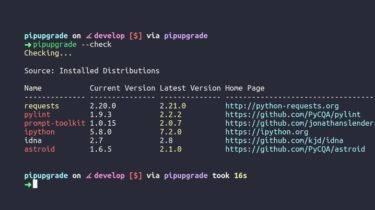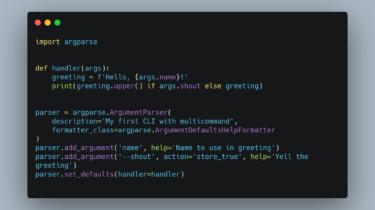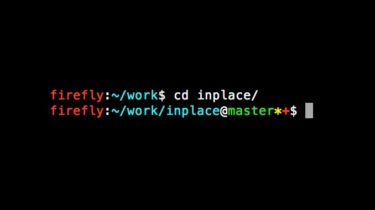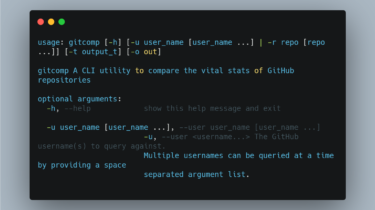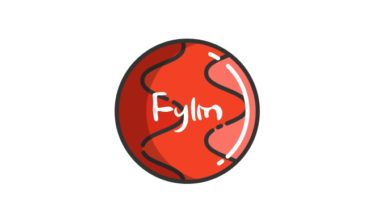Interact with Replit remotely with the Replit CLI
Replit CLI Interact with Replit remotely with the Replit CLI. pip install repl-cli Welcome to Replit CLI! With the Replit CLI Application, you can work with your repls locally, including clone, pull, and push, the core features of the CLI. The full list of features includes- PS C:> replit Usage: replit [OPTIONS] COMMAND [ARGS]… Options: –install-completion [bash|zsh|fish|powershell|pwsh] Install completion for the specified shell. –show-completion [bash|zsh|fish|powershell|pwsh] Show completion for the specified shell, to copy it or customize the installation. –help Show […]
Read more

